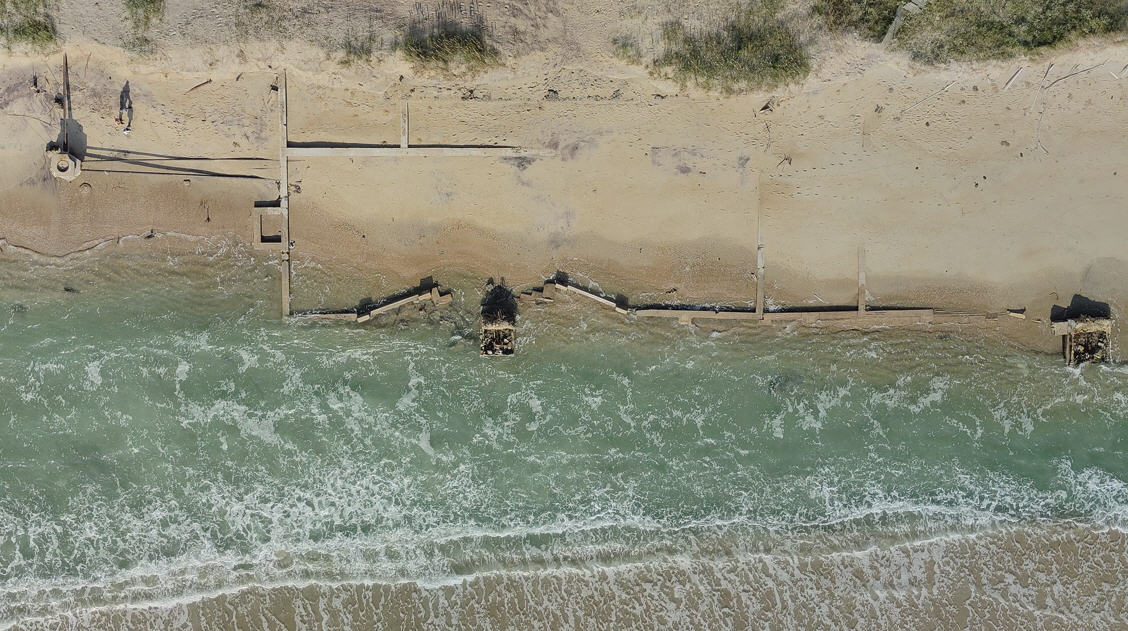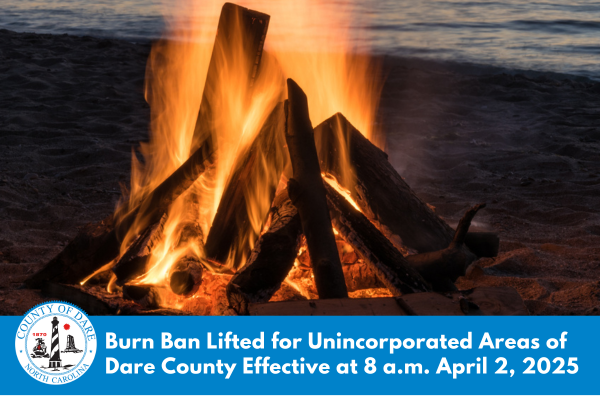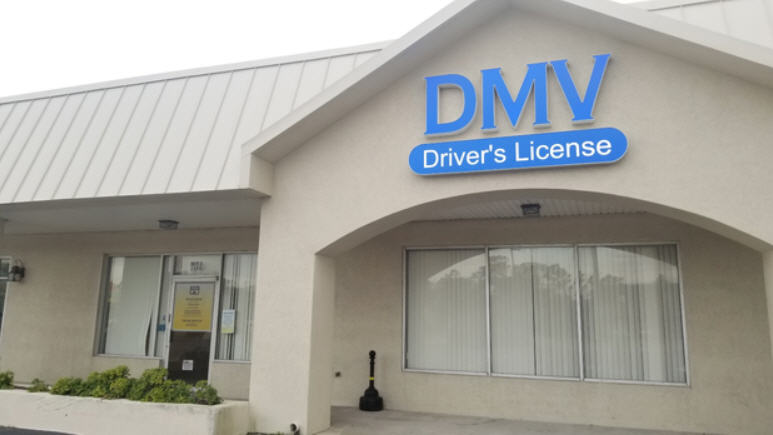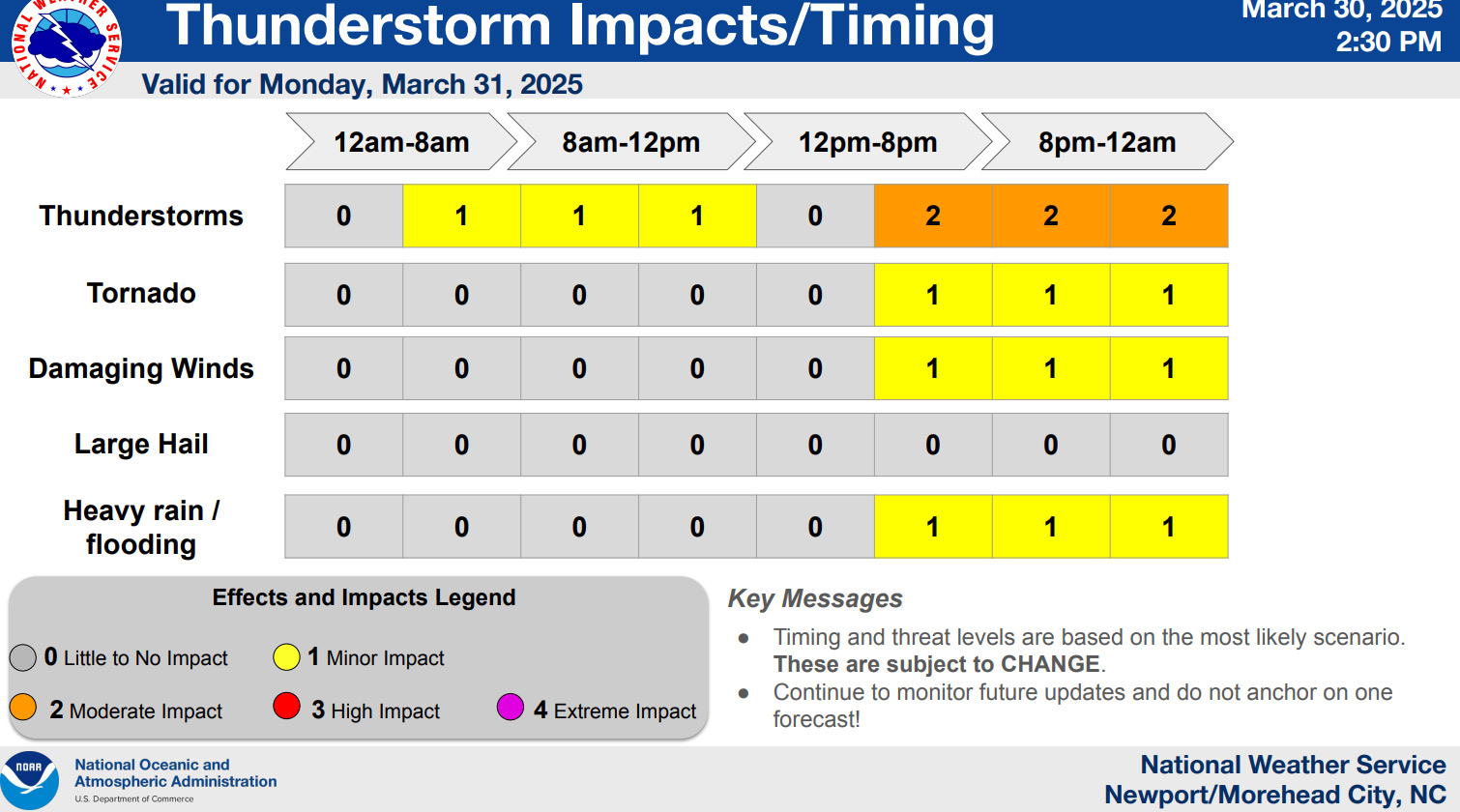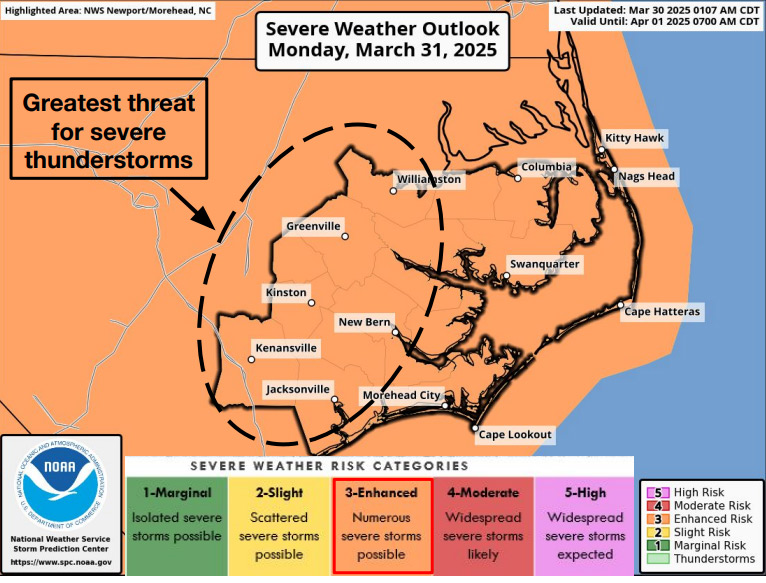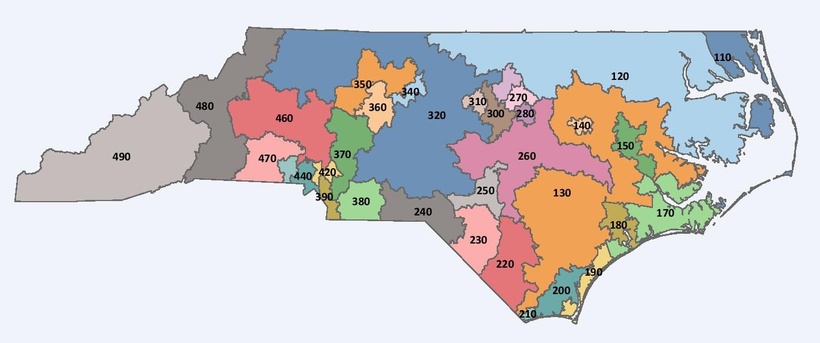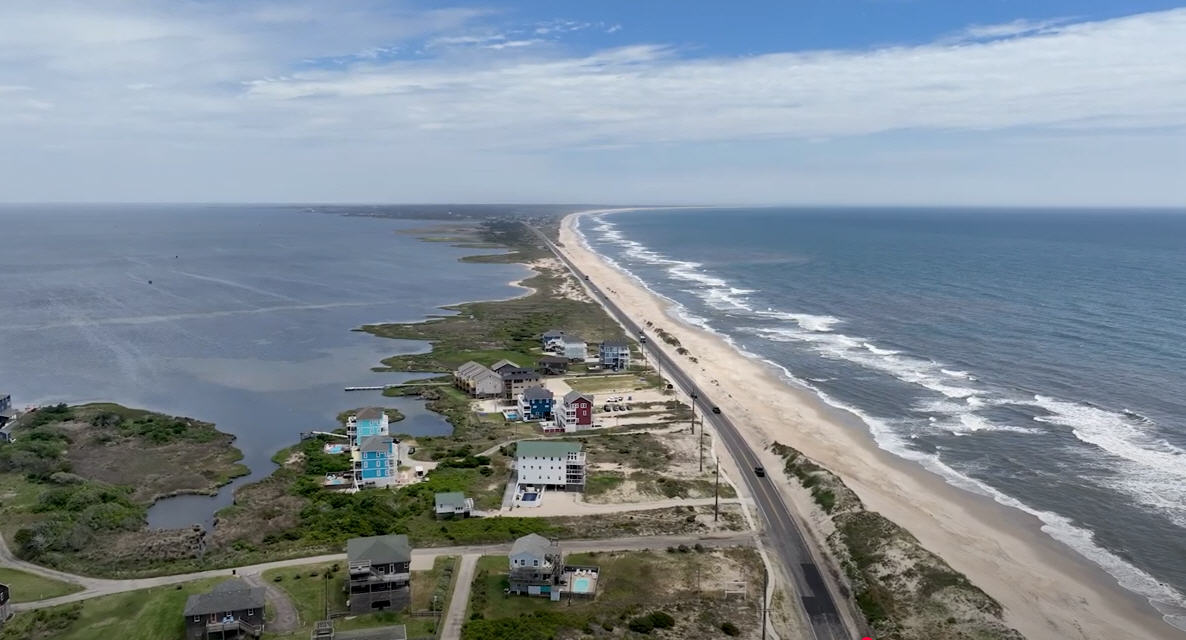Taking the Opioid Crisis to Court
BY NEEL KELLER | Outer Banks Sentinel
BY NEEL KELLER | Outer Banks Sentinel
On May 7, the Dare County Commissioners voted to proceed with a lawsuit against the nation’s three leading drug distribution companies and 22 drug manufacturers — joining more than 400 local governments in 22 states in a suit that is trying to hold the pharmaceutical industry responsible for the nation’s alarming opioid crisis.
The suit is part of a surge of litigation that represents an aggressive and evolving strategy to combat what has become, by all accounts, a national health emergency. According to Asheville attorney Harold Seagle, one of the attorneys representing the plaintiffs, accidental death from opioid overdoses is now the leading cause of death in the U.S. for people under 50.
If the lawsuit is successful, the attorneys would split 25% of the proceeds as payment. Otherwise, there will be no cost to Dare County.
Asked about legal precedents for the suit that the county has joined, Seagle told the Sentinel that, “While the individual legal elements of the cases have been the basis for recoveries in other cases, the facts of these cases have presented a unique challenge which has made possible and necessary the creation of unique legal vehicles…”
Noting that the three leading drug distributors — AmerisourceBergen, Cardinal Health and McKesson — together control about 85% of the market, Seagle said the goal of the lawsuit is to “finally step up and see what can be done…to stem the tide.”
North Carolina Attorney General Josh Stein told the Sentinel he finds a solid precedent for communities seeking damages from drug companies in the 2012 suit filed by the state of West Virginia. In a settlement reached in January, Cardinal Health and AmerisourceBergen agreed to pay a combined $36 million to the state.
Stein also said he is “helping to lead multi-state investigations, along with probably forty attorneys general,” into the role of drug manufacturers and distributors, with future multi-state lawsuits a strong possibility.
“The opioid crisis is devastating our state, taking lives, tearing apart families, wreaking havoc in our communities,” he asserted. “And it demands a response…At the same time over the last twenty years that the problem was mushrooming, [drug companies] were making billions and billions of dollars.”
For this story, the Sentinel reached out to defendants Cardinal Health, AmerisourceBergen and McKesson, for comment on the lawsuit. The only one to reply was McKesson.
In a statement, McKesson Public Relations Director Kristin Hunter Chasen said that, due to the ongoing litigation, “we’re limited to what we can say specifically about the case itself.”
But she added that, “McKesson delivers life-saving medicines to millions of Americans each day….We are deeply concerned by the impact the opioid epidemic is having on families and communities across our nation. We are committed to engaging with all who share our dedication to acting with urgency and working together to end this national crisis…We only distribute controlled substances, including opioids, to DEA-registered and state licensed pharmacies…McKesson reports hundreds of thousands of suspicious orders to the DEA each year.”
‘A public nuisance’
A resolution approved by the Dare Board of Commissioners at its April 3 meeting declared that the “diversion of legally produced controlled substances into the illicit market” that contributes to “the serious public health and safety crisis involving opioid abuse” represents a “public nuisance.”
The litigation leading to the $36 million West Virginia settlement was based on “nuisance” laws on the books there. Most commonly used in actions against illegal dumps, notorious strip clubs and meth houses, according to attorneys involved, the suit was based on a sentence in the West Virginia code giving authority to counties to “eliminate hazards to public health and safety and to abate or cause to be abated public nuisances.”
In the system regulating distribution of opioids created by the Federal Controlled Substances Act of 1970, Seagle explained in his report to the commissioners on April 3, distributors are the “gatekeepers,” with the primary duty to “monitor the flow of drugs into our communities” and to report to the Drug Enforcement Administration “any suspicious order,” including a change in frequency, volume, supplier and demand.
“They have failed to do that,” Seagle said, charging that even a record fine of $150 million imposed on McKesson in January for failing to report suspicious orders did not stop the violations.
The fines have been “ineffective,” he asserted. “We seek to recover all the damages. We don’t know what that will be. And we can’t guarantee that we’re going to win. All we can tell you is that we’re going to do our best.”
Changing ‘unacceptable behavior’
The 400 plus cases connected to the Dare County litigation have been consolidated under Dan Polster, District Judge of the U.S. District Court for the Northern District of Ohio, located in Cleveland. In January Polster appointed three Special Masters to serve as mediators between the plaintiffs and defendants and to help the parties arrive at a comprehensive settlement.
Polster indicated in a New York Times interview that, not only does he consider the litigation an important means of addressing the nationwide opioid crisis, but he would like to see it resolved speedily by a settlement agreement.
North Carolina Attorney General Stein said that, after attending a hearing in Cleveland at Polster’s invitation, he believes the judge “realizes that the states are necessary parties” to a comprehensive resolution of the issue. “We’ve had meetings with him and the Special Masters he’s hired to work with him to see if there’s a resolution.”
Stein added that his strategy is “to have a dual-track approach. I’m willing to engage the drug companies to see if there is a constructive resolution to this issue, because the needs are great and immediate. So the sooner we can put some resources to helping people with addiction, the better.”
He said he is also continuing to pursue his investigations “aggressively” in case the settlement talks are not fruitful — and would then “pursue litigation on behalf of the state of North Carolina as well…to remedy the harm done…You do that by getting money to address the problem and changing corporate behavior to ensure it doesn’t happen again.”
Similarly to Stein, Seagle told the Sentinel the purpose of his litigation is to change what he calls “unacceptable behavior” by the drug companies.
“This is one of the most significant elements of this effort,” he asserted. “If tomorrow is to be a better day, we must not only recover for the damages caused by yesterday’s conduct. We must change the behavior that caused that damage.”




